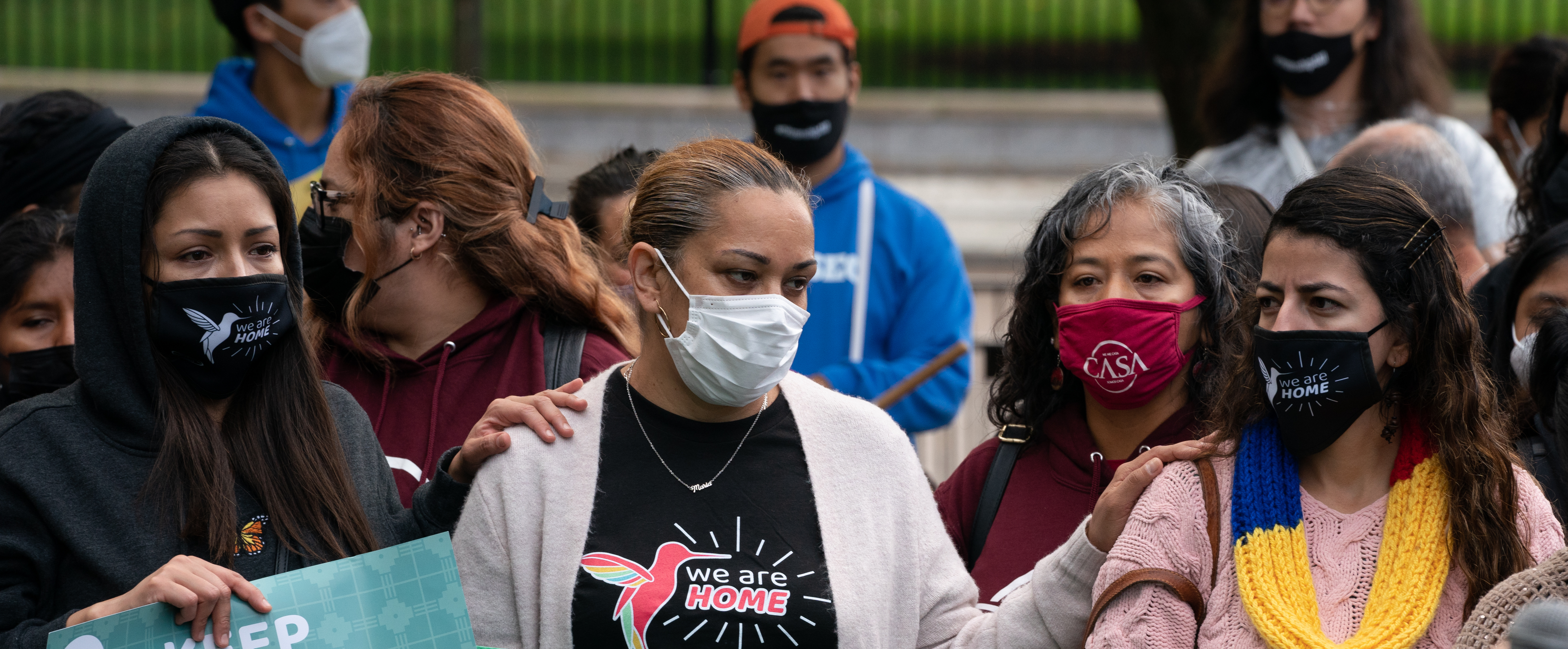
WASHINGTON, DC (March 16, 2022) The restrictions on civic space have been increasing over the past decade but have been greatly accelerated due to COVID-19. The urgency of the situation makes it vital for civil society to identify, monitor, and resist the misuse and normalization of extreme measures that further restrict civic space, or further alienate marginalized peoples.
The American Friends Service Committee (AFSC) – a Quaker organization that has worked for decades to promote a world free of violence, inequality and oppression – launched the Under the Mask Project as a contribution to this effort. As part of the project, AFSC has convened representatives from five different countries to present case studies about each of their work and share lessons learned for others in similarly restricted contexts. The event will take place on Thursday March 17 at 12pm GMT/ 8am EST. Register for the event here.
The five organizations – based in Zimbabwe, Myanmar, Philippines, Indonesia, and Venezuela – will share information about their respective organizations’ efforts to allow the voices of civil society to be heard. Presenters include:
- Yogi Zul Fadhli from LBH YogyaKarta in Indonesia, speaking about civil-political rights during the COVID-19 pandemic
- Thandolwenkosi Mahaja from Zimbabwe Peace Project speaking about defending civic space in Zimbabwe
- Amado Vivas from Espacio Publico in Venezuela, speaking about educating community leaders to achieve local changes in rural communities
- Dr Redento Recio from the Philippines, speaking about confronting state abuses and protecting livelihoods of the urban poor
- Tanya Hubbard from Myanmar, speaking about protecting the rights of migrant women and people identifying as LGBTQI in industrial slums during the government imposed lockdowns
In conjunction with the panel, AFSC will be releasing five case studies documenting the experience of these individuals and organizations. For example, in Zimbabwe, a lot of people do not have access to platforms to report violations of their rights. To address this, the Zimbabwe Peace Project (ZPP) has developed a mobile application, called SPECC, to allow citizens to report rights violations, anonymously if they so wish or fear victimization. In a community in Venezuela, residents were engaged in a series of human rights workshops.
“The experience with Brisas del Chama has been quite rich because of the interest of its inhabitants to gain knowledge and face the issues related to public services in the community. We first faced a disinterested community, and now that we have done work within the community and introduced ourselves in their dynamics, even young leaders have surged...,” said Dayana Rangel, an ally working in Brisas del Chama, a rural community located in Mérida, Venezuela. As part of their work in this region, human rights tools were handed out through workshops, educative booklets, and through the practical use of the right of access to information to achieve policy changes in urban transportation, which is fundamental to Brisas del Chama for everyday life during the COVID-19 pandemic.
You can register for the event to hear these first-hand experiences about various innovative projects being carried out to ensure the freedom of civil society during the pandemic here. This virtual event will be held on Thursday, 17 March 2022 at 12pm GMT/ 8am EST/ 8pm PHT/ 8am VET/ 2pm CAT/ 7pm WIB/ 6:30pm MMT / 3pm JRD. There will be French, Spanish, Arabic, Bahasa, and Burmese interpretation available for the presentations.
You can read more about AFSC’s Under the Mask project here. To receive copies of the case studies, email LChase@afsc.org
###
The American Friends Service Committee (AFSC) promotes a world free of violence, inequality, and oppression. Guided by the Quaker belief in the divine light within each person, we nurture the seeds of change and the respect for human life to fundamentally transform our societies and institutions.